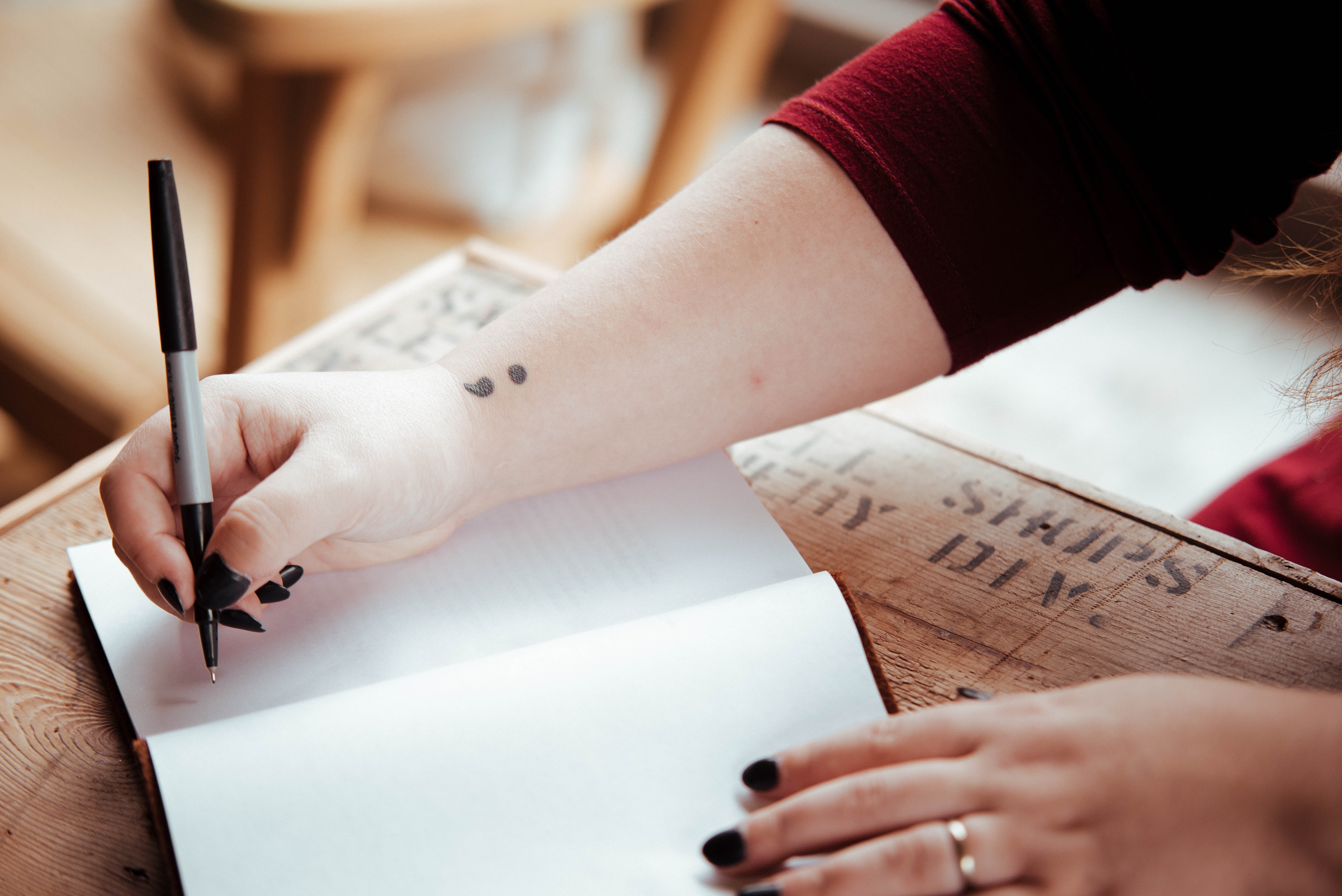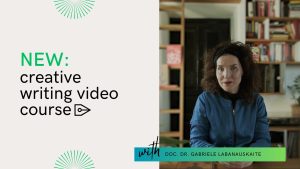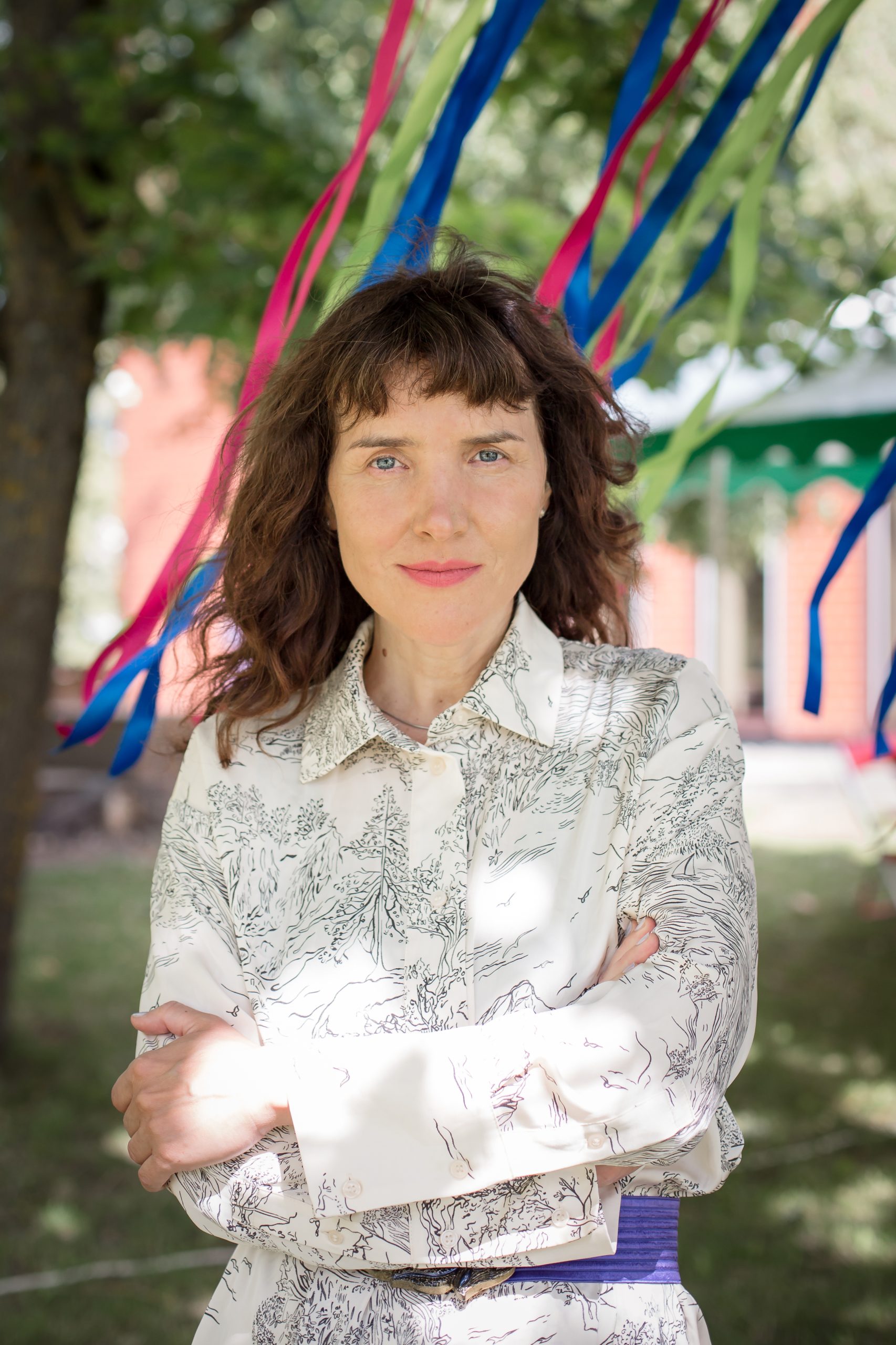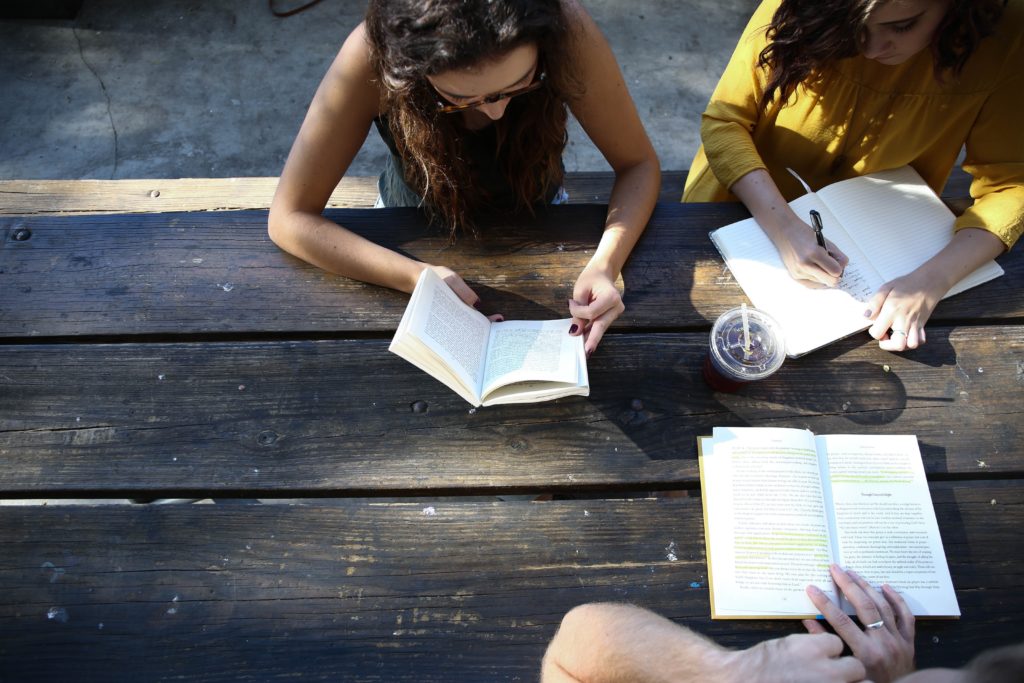CHARACTERS TALK.
MONOLOGUES, DIALOGUES & POLYLOGUES
These creative writing courses for the advanced level individuals are focused on the language of the characters talk. Direct and internal conversations help a reader to understand a character and its world better. In addition, talking characters bring the vitality and intensity to any kindof story. This kind of course covering the principles of building monologues, dialogues and polylogues between and within the characters requires for different kind of mastery. It is possible to develop such skills without being a playwriter or screenwriter.
 Photography: Timothy L Brock
Photography: Timothy L Brock
Gabrielė Labanauskaitė seeks to introduce the group to the techniques of building up the monologue, dialogue and polylogue. It is important to make the characters talk and learn to expose their traits and disclose individual stories through conversations with itself and others.
Duration: 20 academic hours
OBJECTIVES:
-
-
- to renew and complement the knowledge of the narrative structure and development of characters;
- to study the main principles of creating a monologue, to understand its functions and possibilities;
- to analyze the principles of dialogue construction, its functions and possibilities;
- to explore a dialogue as one of the narration methods;
- to create dialogues and dialogue-based writing;
- to discuss the polyphonics of polylogue and its structural possibilities;
- to write and cultivate the fantasy in the most playful way;
- to establish a relationship with other creative members of a group;
- to discuss recently gained knowledge and share the work written during the course.
-
QUESTIONS TO BE ANSWERED:
-
-
- how to come up with a lively dialogue?
- how to disclose the inner world of every character through conversation?
- how to use the language to reinstate a certain action?
- how to create a dynamic, breath-taking conversation?
- how to regulate the pace of the narrative through the conversation?
-
PROGRAMME OF THE COURSE:
-
-
- introduction, repetition of the theory of narrative structure and character development, equalization of the information;
- the principles of creating a monologue, its functions and possibilities, creative writing tasks and exercises;
- the methods of making a dialogue work, its functions and possibilities, creative writing tasks and exercises;
- the polyphonics of polylogue, its structural possibilities, creative writing task and exercises;
- evaluation of the course, discussion, share of the creative work with the group mates.
- introduction, repetition of the theory of narrative structure and character development, equalization of the information;
-
Organizers of creative writing courses maintain a right to change the curriculum.
 Photography: David Iskander
Photography: David Iskander Photography: Glenn Carstens Peters
Photography: Glenn Carstens Peters Photography: Yannick Pulver
Photography: Yannick Pulver

 Photography: Alexis Brown
Photography: Alexis Brown